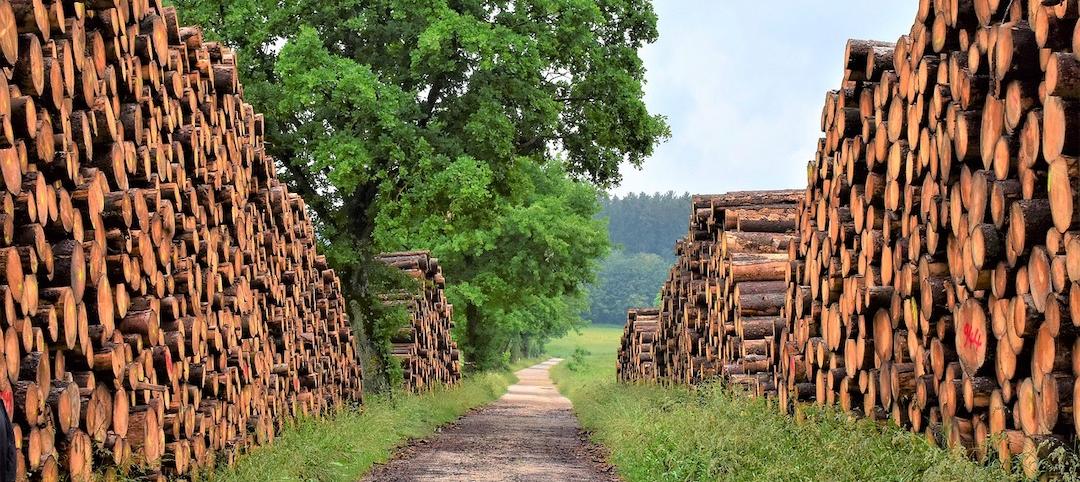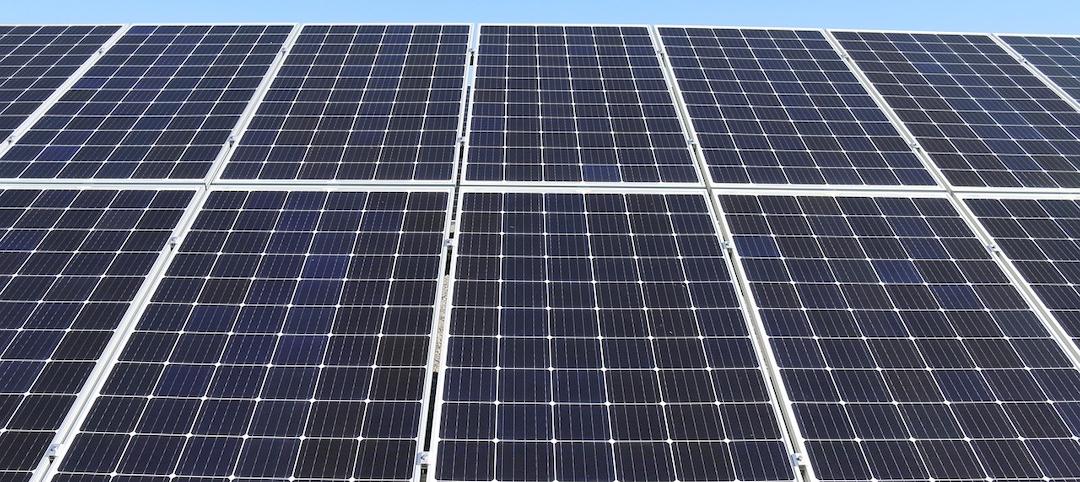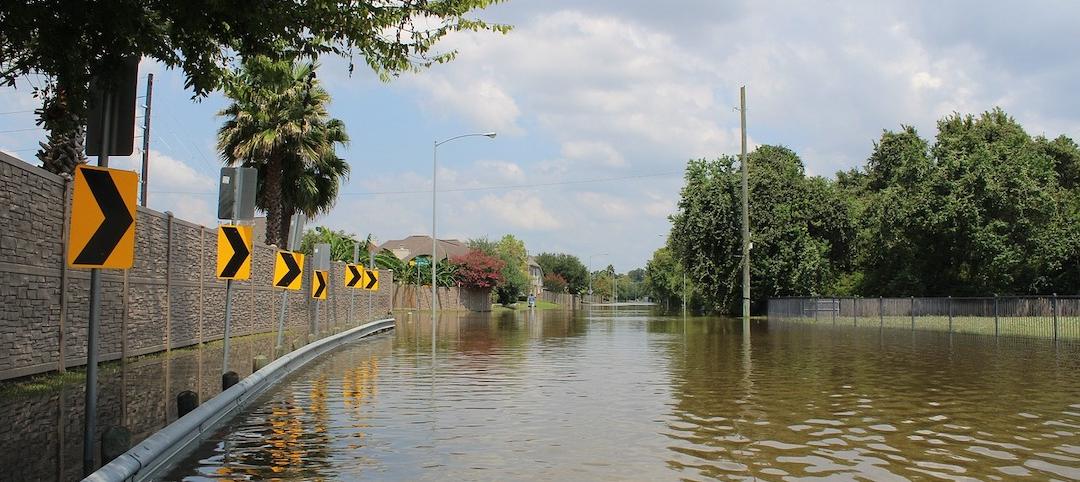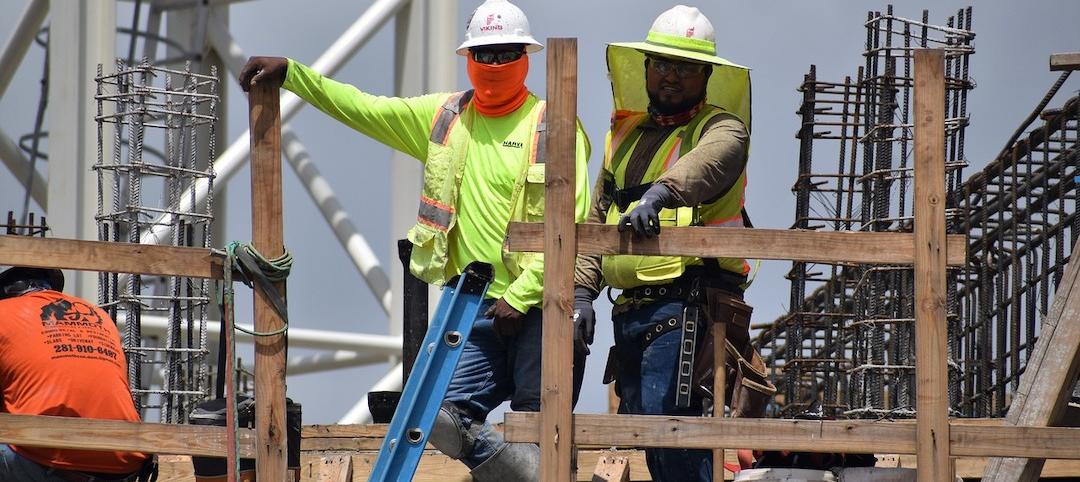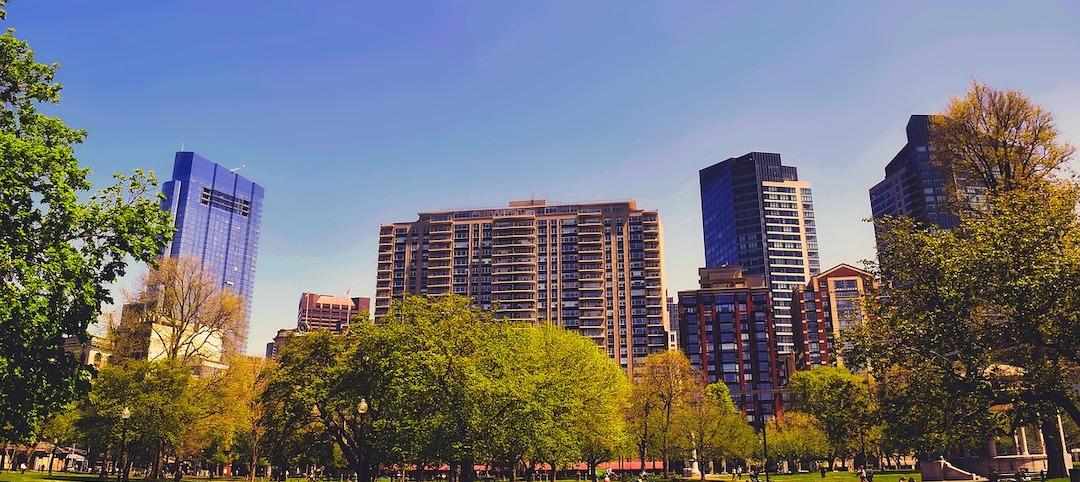Boston will soon adopt a new stringent green state building code that aims to significantly reduce carbon emissions in new construction and major renovations.
Adoption of Massachusetts’s “stretch code” means that the city will not create an outright ban on fossil fuels for heating, cooling, and appliances. It will, though, drastically reduce fossil fuels in buildings by adding expensive, climate-friendly requirements for developers choosing to install fossil fuel connections. There will be varied energy efficiency requirements for different building types.
The legislation also requires developers building with gas or oil to pay for extra wiring so buildings can go all-electric in the future. Buildings in Boston account for close to three-quarters of the city’s carbon emissions, according to estimates.
At least two other Bay State communities have adopted the stretch code, but Boston is the largest and has a more diverse building stock including labs and life science buildings with highly specific electricity and infrastructure requirements.
In a related development, Mayor Michelle Wu recently pledged $10 million in city funds to help affordable multi-family buildings become more energy efficient.
Related Stories
Codes and Standards | Jan 18, 2022
Greater emphasis on building materials needed to achieve net-zero carbon offices
Engineered wood, straw, and bamboo can be keys to achieving goal.
Codes and Standards | Jan 17, 2022
AISC seeks comments on draft earthquake standard for steel buildings
Includes new limits for cross-sectional slenderness of steel columns based on latest research.
Codes and Standards | Jan 12, 2022
California’s wildfire building code significantly reduces structural loss
As other states consider upgrading their codes, Golden State provides useful model.
Codes and Standards | Jan 12, 2022
Regulator holding back climate-friendly, energy-saving equipment deployment, critics say
Heat pumps, solar power could be made more accessible for low-income communities in Massachusetts.
Codes and Standards | Jan 11, 2022
Cost hikes drive nearly one million renters out of homeownership qualification in 2021
Household income needed to pay a mortgage rose to $62,872 from $55,186.
Codes and Standards | Jan 10, 2022
New ratings services focus on climate risk for homeowners
Efficacy of models used in risk assessment varies.
Codes and Standards | Jan 6, 2022
Virginia contractors having a tough time finding diverse subs to meet state goals
Survey of primes may indicate similar issues at federal level.
Codes and Standards | Jan 5, 2022
Boston drops parking requirements for affordable housing
Measure expected to spur new projects.
Codes and Standards | Jan 4, 2022
Dept. of Energy Better Climate Challenge aims for 50% GHG emission reduction by 2030
Program offers technical assistance and peer-to-peer knowledge sharing.
Codes and Standards | Jan 4, 2022
Architects at New York firm take steps to unionize
Support for unionization reported at two other New York firms.



